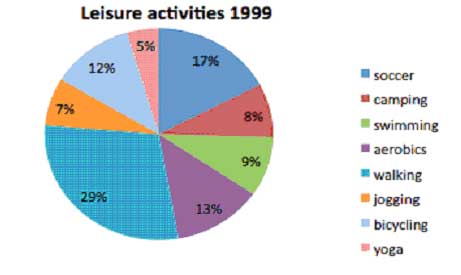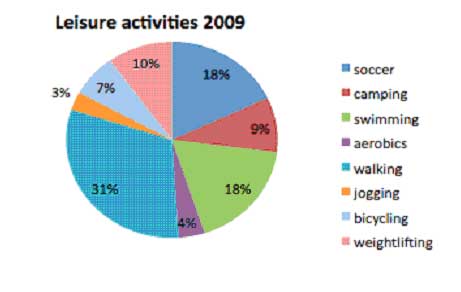Today we are sharing some ideas for writing an essay on the topic below, which was recently seen in the IELTS exam in Dubai, UAE. Below you will find a list of arguments that can be used in your own essay.
The arguments are independent, and you can use any or all of them. To get your work checked and marked by a teacher, please get instructions on this page.
Writing task 2 topic
Even though developing countries receive financial help, poverty is still an issue. Some say they should be receiving other kind of help, to eliminate poverty. To what extent do you agree or disagree? Give examples and suggest what other form of help can be offered.
You should spend about 40 minutes on this task and write at least 250 words.
Introduction – version 1
Millennia have passed but the problem of poverty still hounds mankind. So-called developed countries have largely tamed this issue; however, developing countries are still suffering despite receiving billions of dollars in the form of international aid. It is clear that simply providing monetary assistance will not be sufficient and radical approach is required on the part of the rich nations to deal with the menace of poverty in the Third World.
Introduction – version 2
In the wake of the present financial crisis that has swept across most of the rich world, questions are being raised as to why governments of these nations are giving financial aid to the developing countries when this money yields little tangible results. Intelligentsia has proposed non-monetary measures to help poor countries deal with the problem of poverty more effectively. I sincerely agree that the age-old system of pouring money into the bottomless pit of developing nations should be changed for good.
Argument 1
Poverty alleviation programs are nothing less than large scale national projects. In most of the cases, developing countries lack experience to implement these projects. Rich nations, with their proven track record in such ventures, can provide great help by providing the know-how and guidance in implementation of the right systems.
Argument 2
The root cause of poverty is not shortage of money but lack of knowledge on how to generate wealth. It has been aptly said, “Give a man a fish and you feed him for a day. Teach a man to fish and you feed him for a lifetime.” Developed nations need to take active interest in education and skill development of citizens of poor countries.
Argument 3
Programs that link aid to performance are bound to offer better results. The governments in the Third World have wrongly found a virtue in being poor, as they know they are likely to get financial aid on humanitarian grounds. This leaves them with no sense of accountability. If rich nations toughen their stand and provide aid only when improvements are visible, based on predetermined criteria, we are more likely to see reduction in poverty.
Argument 4
The whole practice of offering financial aid to developing countries has to be reworked. What are the reasons for a country like India, which is the tenth largest economy that rubs shoulders with powerful nations on several international fora, to continue being one of the biggest recipients of international monetary help? International aid agencies still provide financial assistance on the basis of the number of underprivileged people in a nation. This logic is flawed; hence, they need to devise new ways to help reduce poverty in these countries.
Conclusion
In conclusion, there is an urgent need to change the antediluvian system of providing financial aid to developing countries. Instead, education, skill development, and performance linked schemes need to be emphasized to bring hope to the lives of the poor in developing countries.
Vocabulary
Millennia, hounds, tamed, radical, menace, Third World, swept across, yields, tangible, Intelligentsia, bottomless pit, alleviation, know-how, generate wealth, aptly, bound, virtue, humanitarian grounds, toughen
This essay plan was kindly provided by Nipun Jain, IELTS-Blog Essay Evaluation Team



